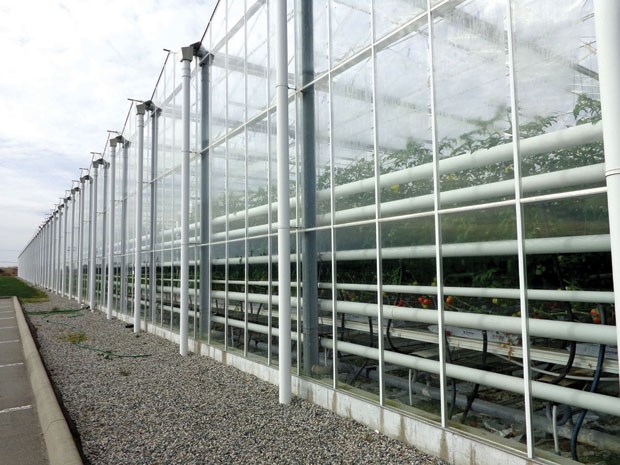Delta wants answers sooner rather than later when it comes to legalized recreational marijuana.
“The federal government said this is going to happen, so we have said, ‘All right, these are the concerns that we have, whether it’s using up our good ALR land, whether it’s children 12 years old being allowed to possess but not smoke, all of these things.’ We want to know how the police department can be handling all this, so we’ve been working very diligently,” Mayor Lois Jackson told the Optimist this week.
Having spoken to provincial and federal officials to convey a variety of concerns about legalizing pot and the impacts it will have on cities, Jackson noted Delta has been busy compiling information and seeking answers to specific questions.
The provincial government’s window for public engagement ends Nov. 1.
A Delta staff report on what could be the city’s submission will be discussed at Delta council’s meeting next Monday.
Richmond council this week voted unanimously to oppose marijuana legalization and send a letter to the provincial and federal governments expressing its concerns and requesting “proper” regulations.
In the letter, the city is asking for the right to regulate cannabis at the municipal level.
While legalization will have complex and wide-reaching impacts, one of the biggest and most visible impacts for Delta is the potential conversion of prime agricultural land into large-scale marijuana growing operations, something Delta is hoping to have a say in preventing.
The huge Village Farms greenhouse in East Ladner announced this summer it had entered into a joint venture with Emerald Health Therapeutics, a B.C.-based licenced producer of medical cannabis, for the purpose of producing, cultivating and distributing wholesale cannabis and cannabis extracts for medical purposes. Also, if permitted by law, the operation, which would be called Pure Sunfarms, plans to grow pot for “non-therapeutic” purposes. It would cover an initial 1.1 million square feet of greenhouse space.
Last week, Emerald Health announced it had formally submitted licence applications to Health Canada for approval for two new growing sites, the Village Farms complex and a smaller facility in Richmond. Emerald says it’s preparing for the large-scale production of cannabis in anticipation of legalization of the adult-use cannabis market on July 1, 2018.
“Emerald and Village Farms are retrofitting this greenhouse from tomato growing into a configuration optimized for large-scale cannabis cultivation,” the company stated in a news release. “With a key goal of the partnership to be a large, very low-cost cannabis producer, Pure Sunfarms also optioned from Village Farms an additional 3.7 million square feet of existing highly-efficient greenhouse space in the same Delta complex.”
Jackson noted Delta is receiving several inquiries a week from those interested in growing marijuana on farmland.
“Speaking with (Public Safety and Solicitor General) Minister (Mike) Farnworth at UBCM a couple of times, we asked, ‘Can Delta say we don’t want to use our great farmland for growing of marijuana?’
“We can put it in, for instance, some of the big industrial buildings that we have at Tilbury and Annacis. There are people up country that have land in the ALR and they want to be able to use their land for this, so we asked can we have maybe different rules for Delta than they do for Nelson, for example. So he’s looking at that and we don’t know what the outcome will be,” said Jackson.
Another company, a Smith Falls-based firm called Canopy Growth Corp., recently announced it’s forming a partnership with a large-scale B.C. greenhouse operator, a venture called BC Tweed Joint Venture Inc., to grow millions of square feet of bud, but the location hasn’t been made public.



